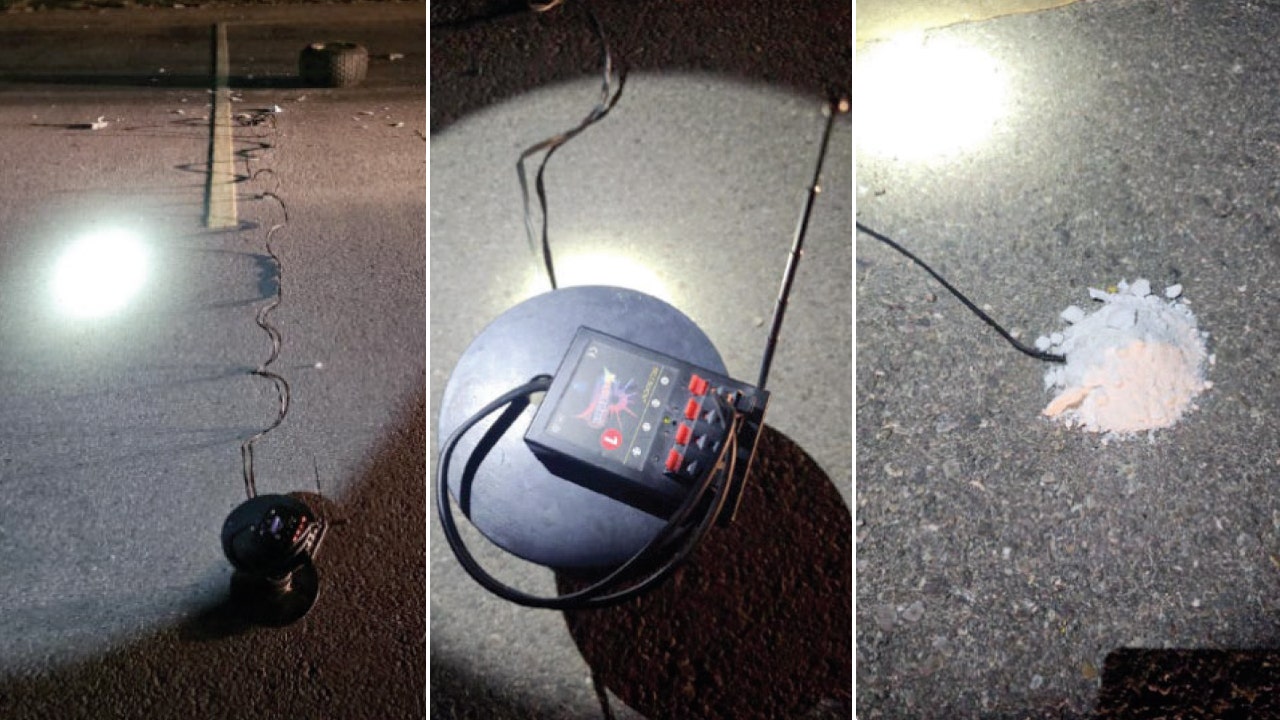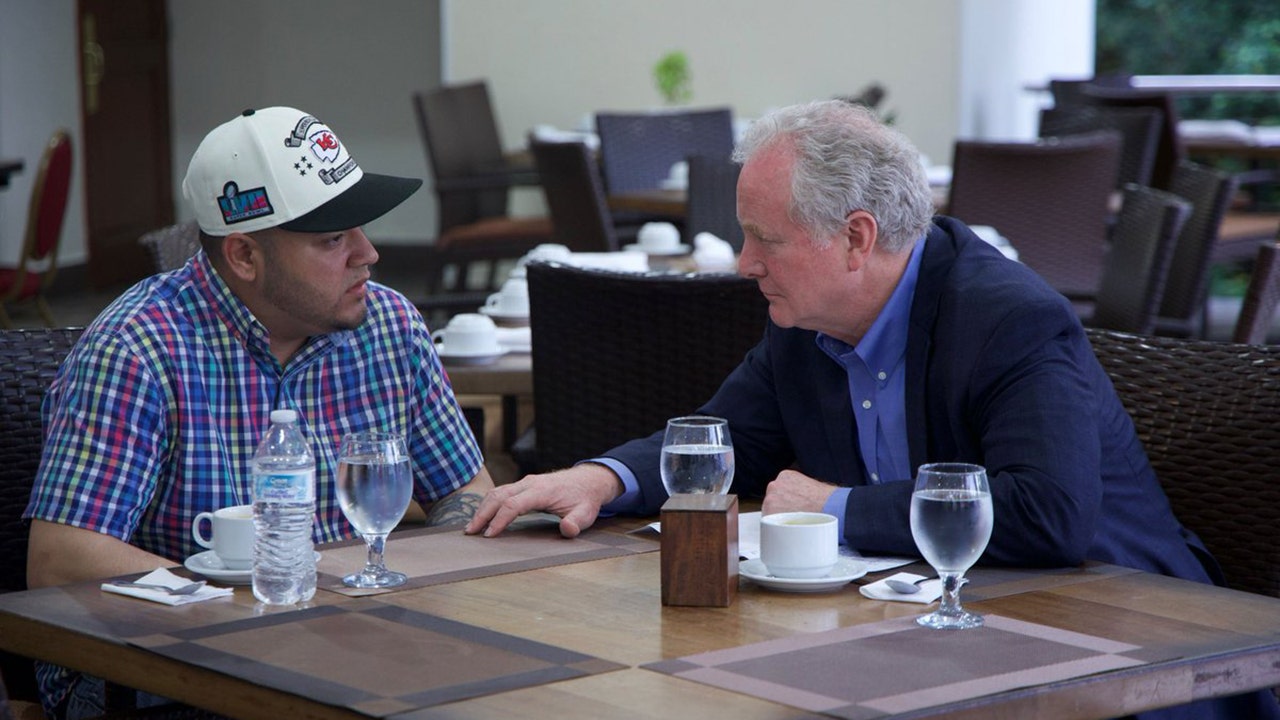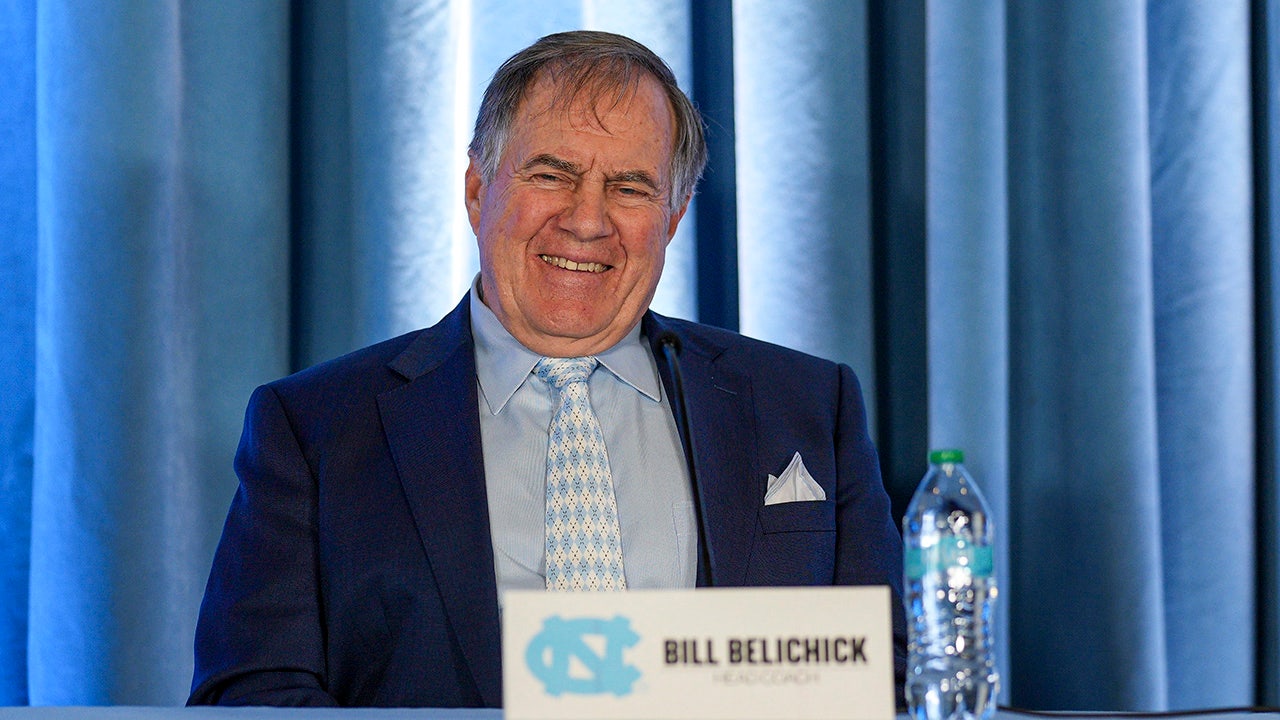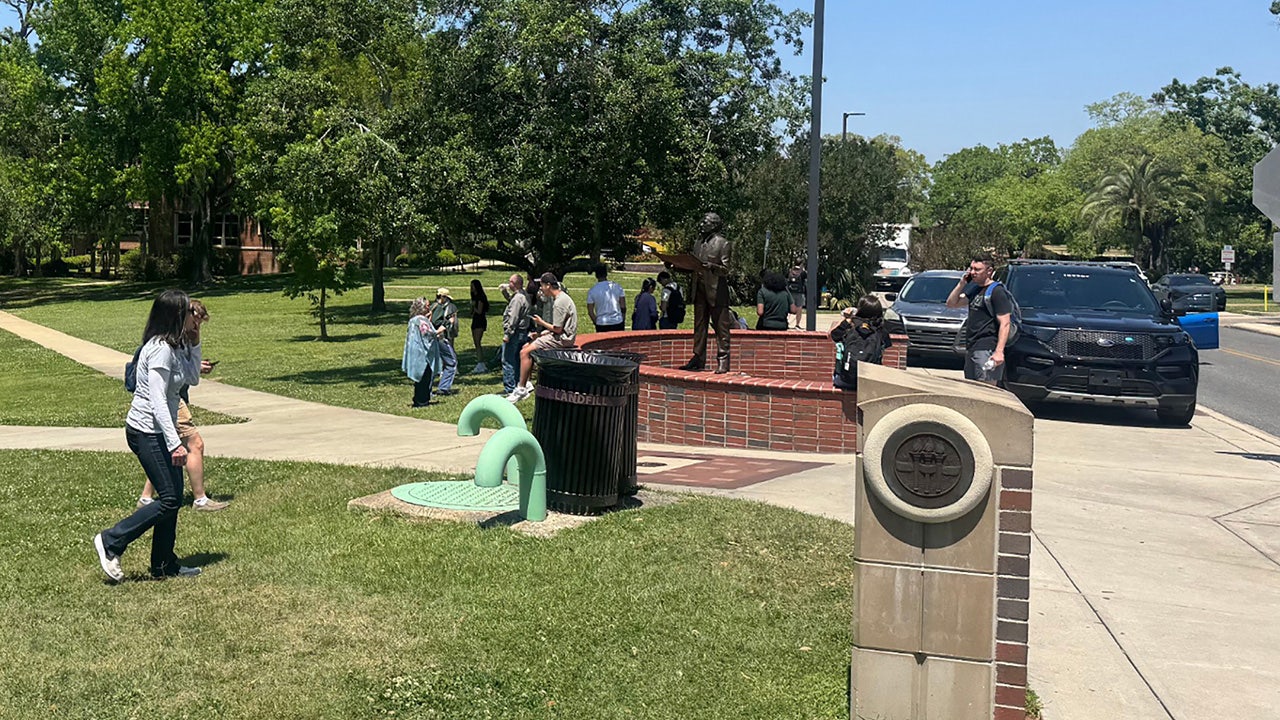Thrifty Big Apple shoppers were rushing to stock up on the basics Wednesday after President Trump’s sweeping reciprocal tariffs briefly went into effect — before he then announced a 90-day pause.
“Pray to God that we all survive,” said Angelia Gonzalez, a 48-year-old mother who was filling her cart at the East Harlem Costco.
“I feel some kind of way. I mean, I have a family.”
Gonzalez travelled across town from her longtime home in West Harlem to stock up at the wholesaler over fears that prices will soon skyrocket from Trump’s massive “reciprocal” tariffs, which went into effect at 12:01 a.m. Wednesday.
Hours later, Trump, 78, abruptly reversed the levies for most countries, telling reporters at the White House that “yippy” critics and a “queasy” bond market were factors in the decision. The “Liberation Day” duties had wreaked havoc on the markets since they were announced on April 2.
The pause, however, didn’t apply to Chinese imports, with tariffs on the communist country heightened to 125% due to a “lack of respect” from Beijing.
“It’s a bummer. But we have to make ends meet however we can,” Gonzalez told The Post of the tariff scheme, explaining that her family sometimes has to live “day by day” depending on how things are going.
Even despite the freeze, customers on the street felt little relief from the change in course.
“I’m very worried, but for right now I’m doing all right,” said 45-year-old Julie Stump, explaining that she’d stock up on the essentials if she could — but that she simply doesn’t have the space.
“I don’t have enough room in my apartment to bulk up on things but if I did, I would,” she said. “I feel like prices are going to go up and things are going to get scary for a little bit.”
Meanwhile, many grocers — particularly shops specializing in imported goods — also remain on edge, and felt little relief after Trump’s freeze.
“Everything is so up in the air, so we don’t quite know how to plan or prepare,” said Judy Ong, who manages the Chelsea location of Pearl River Mart, an Asian market that’s been family owned since the 1970s.
“We’re flying blind,” she said. “And we’ve heard nothing from our vendors because I’m sure they’re in the same boat.”
Pearl River — which sources its products from all across Asia — is also afraid it won’t be able to keep up with changing prices the way larger Asian market chains like H-Mart may.
“We don’t have the scale of volume like other places,” Ong said.
“We don’t really have the resources like the other large corporate places do,” she continued, adding that the Asian “mom and pop” brands they rely heavily on might also not be able to sell to them anymore.
“I expect that we’re going to feel it a lot sharper than most.”
Down in Little Italy, the 100-year-old DiPalo’s Fine Foods says their customers have begun asking a lot of questions about what might happen — but the family-run shop is hopeful everyone will be able to pull through.
“There is a certain concern. You’ve got to understand, 90% of what we sell here is from Italy. They are concerned,” said co-owner Lou DiPalo. “But they’re pretty loyal customers, and a lot of them say that within reason they’re going to continue to purchase the product.”
Italy was subject to the 20% tariff imposed on the European Union — but even after that was paused by Trump, the 10% baseline tariff still remains in place.
Nevertheless, DiPalo thinks his family’s shop will persevere.
“It’s a challenge, it’s a big challenge, it’s a significant challenge, but it’s not the greatest challenge we’ve faced,” he said.
“We’ve been in business over 100 years, and I can tell you many, many other challenges in 100 years that DiPalo’s has faced.
“We’ve helped a lot of other countries’ economies and we’ve sacrificed our own economy because of that. It’s a tough way to do it, but maybe gradually we should balance things out. As much as it’s going to hurt my business, I see where this is coming from,” DiPalo continued.
“Maybe this is something that’s long overdue. Maybe it should have been started 40 years ago.”
Read the full article here















